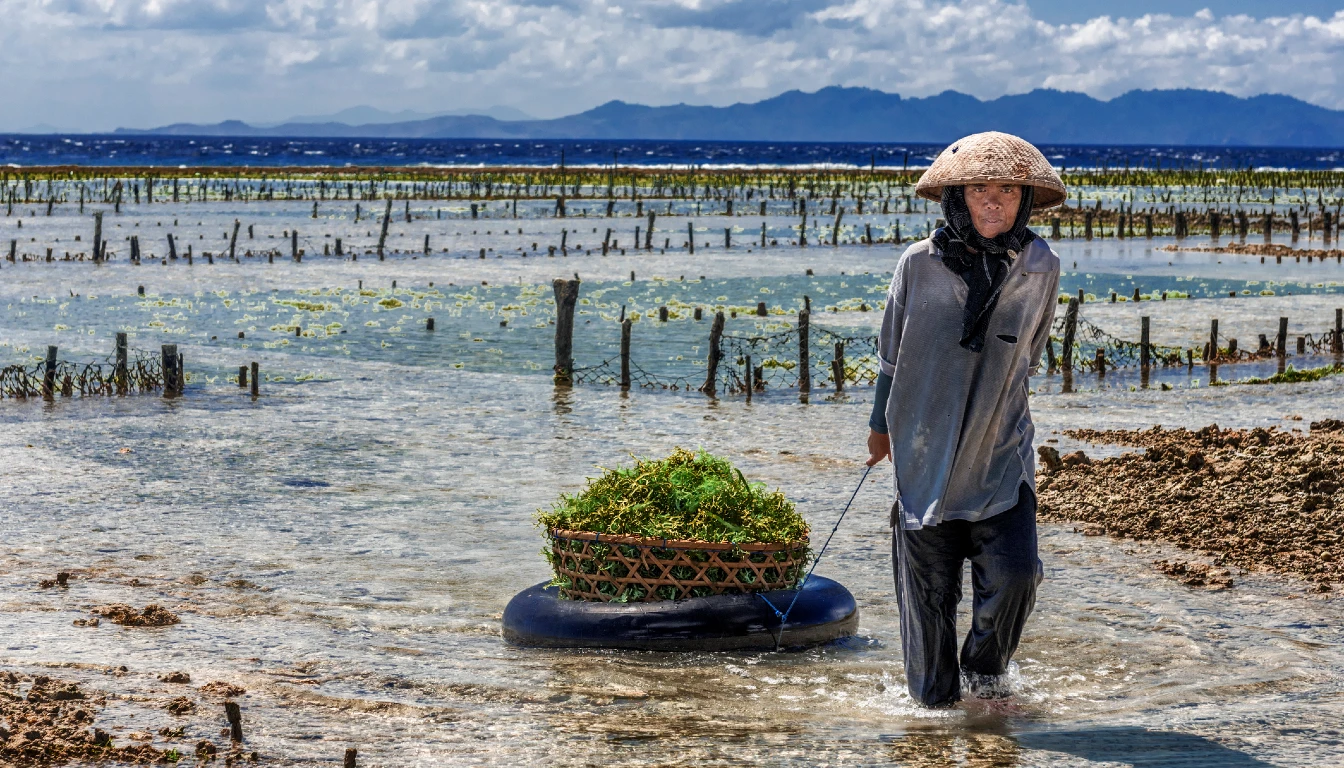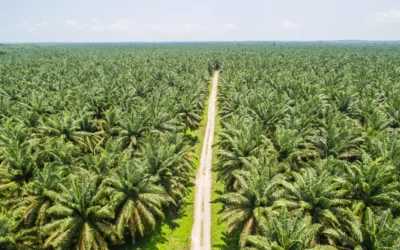Indonesia is planning to produce more seaweed to transform into bioavtur, a sustainable aviation fuel. This initiative was recently revealed by the Minister of Investment and Downstreaming, Rosan Roeslani.
Minister Rosan disclosed that the government is actively engaging in discussions with the Ministry of Marine Affairs and Fisheries (KKP) to accelerate the realisation of this project. The announcement reflects the government’s ambition to harness Indonesia’s abundant marine resources for eco-friendly energy solutions.
According to Rosan, Indonesia holds the position as the world’s second-largest seaweed producer, and the leader in tropical seaweed production, an advantage the country now intends to exploit further.
The potential of seaweed as a source of bioavtur is not a novel concept. Research, in collaboration with the KKP, has been ongoing to evaluate the viability of producing this renewable aviation fuel. The results to date have provided the government with a strategic framework to proceed with the commercialisation of seaweed for bioavtur, thus underscoring the eco-friendly prospects of this initiative.
Major seaweed-producing regions in Indonesia include Bali and East Nusa Tenggara (NTT), areas identified for potential downstream investment to create environmentally sustainable fuel. Despite Indonesia’s wealth in this resource, Rosan notes that its use remains underutilised. In 2022, Indonesia produced 9.23 million tonnes of seaweed, predominantly of the Cottonii variant, highlighting the untapped potential for adding value through downstream processing.
The KKP’s data highlights a substantial growth opportunity, with the nation boasting a total seaweed cultivation potential of 12 million hectares, yet less than one percent of this area is currently being utilised.
This venture is poised to enable Indonesia not only to bolster its stature in the global seaweed production market but also to make significant strides in sustainable energy.




